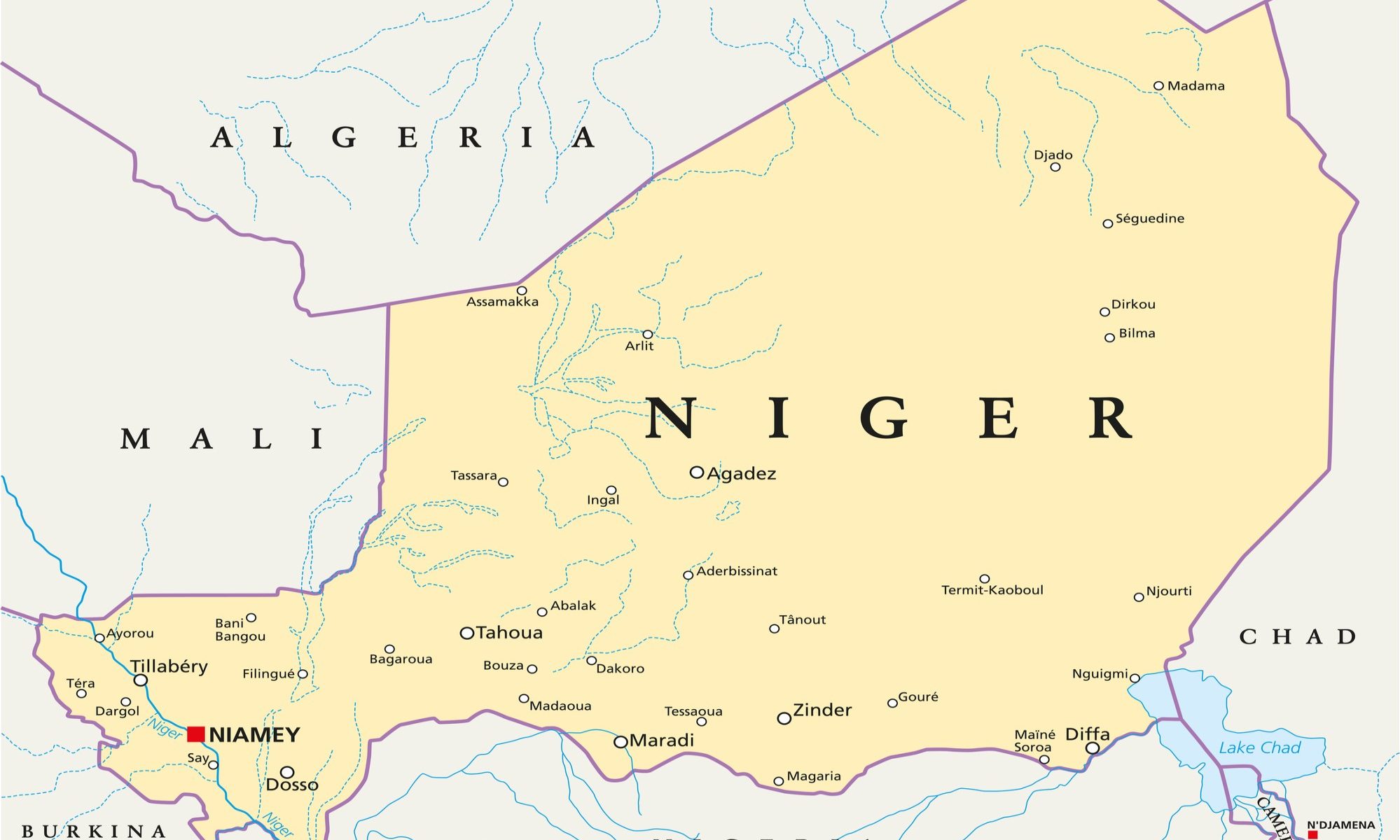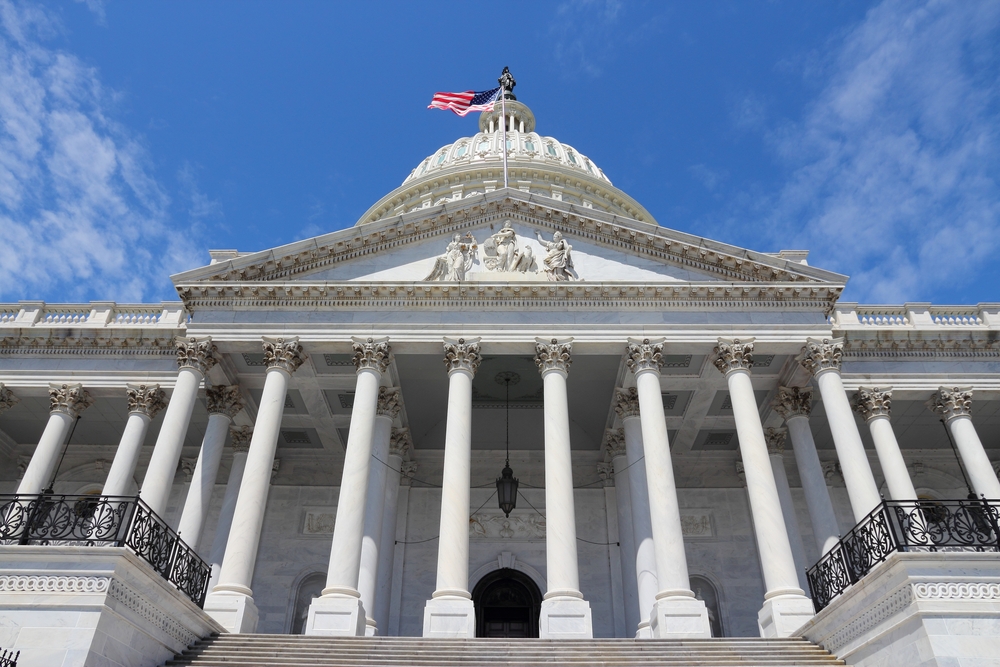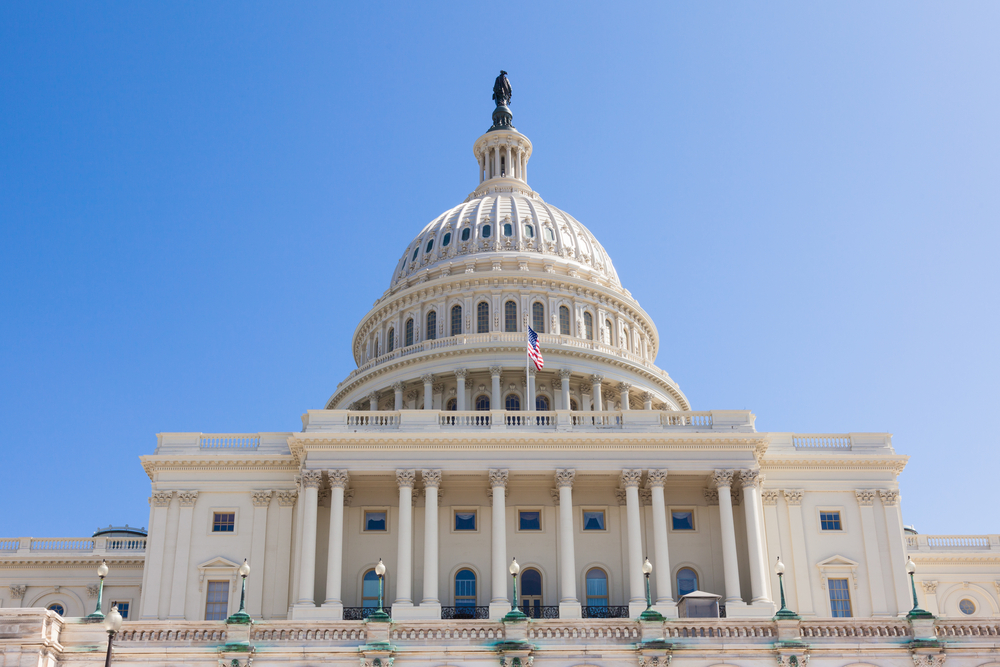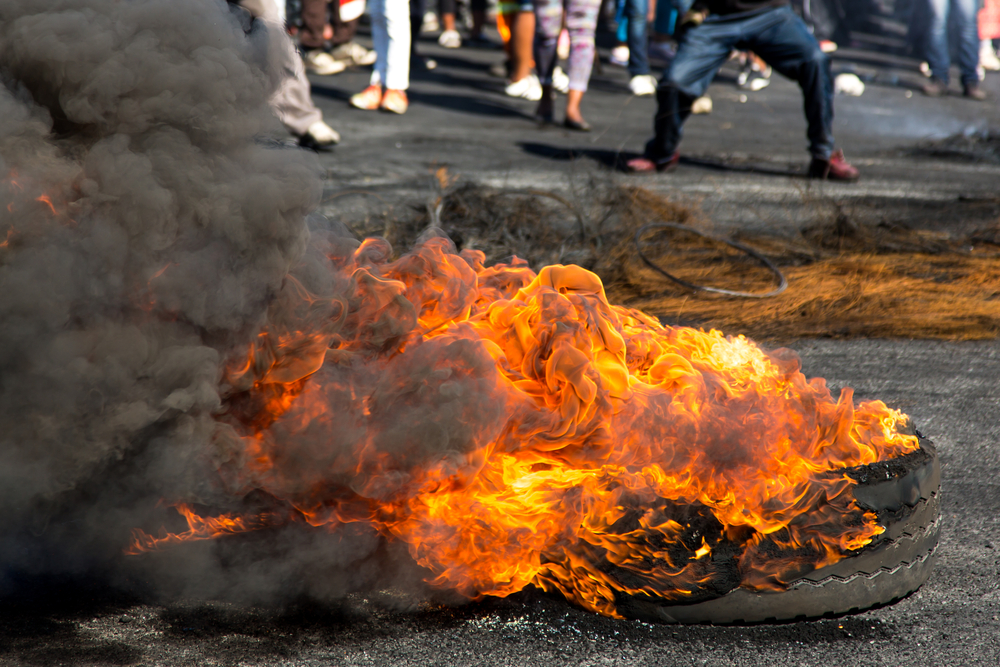On July 26th, President Mohamed Bazoum of Niger was deposed in a coup d’état by the Presidential Guard who are now calling themselves the National Council for the Safeguard of the Homeland. The move came as a blow to Niger given the long history of coups in the country and because Bazoum was the first democratic leader to oversee a peaceful transfer of power from a previously elected leader. The stability of the entire region is at risk now that the Economic Community of West African States (ECOWAS) has given an ultimatum to coup leaders that they must restore the democratically elected government or face military intervention. Western nations like the United States and France have also called for an end of the coup and have frozen aid funding. Nevertheless, the crisis threatens to pull in everyone from anti-colonialists, jihadists, Russian actors, and several African nations into a mire of war. Are there any good options moving forward?
Bazoum was elected just two years ago in taking over from President Issoufou and prompting the first democratic transfer of power in Niger’s history. Niger has been ruled by the Nigerien military previously in 2010 in addition to several periods of military rule in the 1980s and 90s. What triggered this particular coup remains unclear. Some have pointed at perceptions of government incompetence and corruption coupled with the rising cost of living. There have also been security concerns regarding Islamist insurgencies and ECOWAS’s response, as well as anti-French resentment over the deployment of French military forces in the country. It’s also believed that President Bazoum was about to replace military leader General Abdourahmane Tchiani. Some Nigerian nationalists have supported the coup by flying Russian flags. (There are reports that the Wagner Group mercenaries are in the area.)
ECOWAS has given Niger an ultimatum to return power to their democratically elected leaders. In the midst of a rash of similar coups in other nations, they have made it clear that they will not allow another. But the ultimatum given to Niger has now passed, and ECOWAS forces have been put on standby as they consider military intervention. The coup has been condemned by the World Bank, the African Union, the European Union, and the United States who have cut off aid and funding and have frozen assets. Alternatively, the military leadership of the Nigerien Army has declared their support for the coup leaders, as well as Burkina Faso, Mali, and Guinea. The army has declared that they will defend their country and have warned of the consequences of a foreign military intervention. The United States, Europe, and ECOWAS have all attempted diplomatic efforts to end the crisis, but these efforts have failed. All of this prompts the question of whether an intervention is justified – what is likelihood of success and what are the moral consequences of failure?
On the one hand, there are clear reasons for a military intervention to restore democracy in Niger. The nation was seen as turning the page on its unstable past with peaceful democratic transfers of power. Economic growth in the area had reached as high as 7% earlier this year, helping to alleviate significant poverty. Now that sort of growth and stability is in question. Niger was also a significant base of operations for the United States and for France as part of their efforts to fight terrorist and jihadi forces in Africa. The United States, for example, has an airbase in Niger from which they launch drone strikes against groups like Al-Qaeda, ISIL, and Boko Haram. French forces had been training Nigerien forces in fighting terrorism. Allowing the coup could destabilize the entire region, particularly since the junta is not friendly to Western forces, particularly to French forces, being stationed in the country and because they may lack the resources to patrol their borders on their own.
There are also concerns about potential human rights abuses, particularly given that the Nigerien military has been known to engage in human rights violations and women and girls continue to suffer from discrimination. This issue is magnified by the fact that the junta has now requested the assistance of the Wagner group which also has its own sordid history of human rights violations. There are also concerns about the safety of President Bazoum and other members of the democratically elected government.
On the other hand, there are serious concerns about whether a military intervention to restore the democratic government would be successful. Mali and Burkina Faso have said that military intervention in Niger would be a “declaration of war” against them. It’s possible it could draw elements of the Nigerien military into conflict with itself, creating a civil war. The ECOWAS forces may lack the needed resources and logistics for an intervention. This is because while Nigerian President Bola Tinubu supports an intervention, the Nigerian Senate has not granted its consent. Nigeria shares a large border with Niger and has a fairly large military force, making their cooperation of paramount importance. There are also concerns that unlike previous ECOWAS military interventions, this would not be supported by native Nigeriens.
The Nigerien military is also fairly large and well-equipped and trained thanks to their just recently being trained by French and American forces in counter-terrorism operations. This means that a military conflict would likely be protracted and could spark a humanitarian crisis with no guarantee that ECOWAS forces could militarily win outright. Refugees fleeing across borders can create fertile grounds for terrorist groups to infiltrate and operate. Nigerian forces have also pledged that if there is a military intervention against them, they will kill President Bazoum.
In addition, military escalation is likely to prolong a resolution that could eventually re-establish foreign aid. A human rights organization in Niger has already expressed concern about the consequences of economic sanctions, including the impact on food and electricity. Nigeria has reportedly cut electricity supplied to Niger, leaving the country with blackouts. A protracted conflict has the potential to cause a human rights crisis as well.
Western intervention in the conflict could also be a problem not only because of the potential for the conflict to potentially pull in other nations like Russia who has warned ECOWAS not to take military action against Niger unless they wish to lead to a “protracted confrontation,” but also because of the perceptions it might create regarding colonialism. Italian Foreign Minister Antonio Tajani has argued against Western intervention as it would be “perceived as a new colonization.” The Wagner Group is already spreading this message in Niger. After all, Nigeriens are not unaccustomed to military coups with the 2010 coup being seen as necessary to protect democracy, so it is possible that they are less likely to be skeptical of the coup and more likely to be skeptical of the West.
On the other hand, not intervening may do nothing. While sanctions and freezing aid could potentially help, it’s a strategy that has not worked in Mali, Burkina Faso, or even Russia. It’s possible that the overall security threat to the West becomes so bad that they are forced to intervene in order to prevent the spread of terrorism. In this case, both acting and failing to act could have similar consequences that threaten the lives and rights of people living all over the Sahel region.






